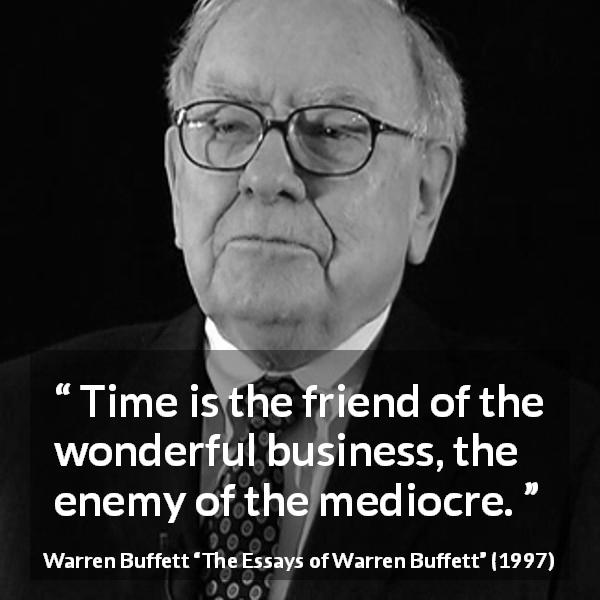Unveiling the Enigma: A Simplified Introduction to Quantum Computing
Quantum computing has emerged as a transformative technology, promising to revolutionize the way we solve complex problems. In this article, we will delve into the world of quantum computing, exploring its fundamental principles and potential applications. It's important to note that while we strive to present accurate information, the field of quantum computing is constantly evolving, and this article represents a simplified overview of the topic.
Quantum Computing: Beyond Classical Boundaries
Classical computers have been our faithful companions in the information age, operating on bits that represent either a 0 or a 1. However, quantum computing takes a leap beyond these binary boundaries by harnessing the principles of quantum mechanics.
Quantum Bits (Qubits): A Superposition of Possibilities
In the realm of quantum computing, information is stored in quantum bits or qubits. Unlike classical bits, which can only be in a state of 0 or 1, qubits possess a remarkable property known as superposition. This allows qubits to exist in multiple states simultaneously, encompassing both 0 and 1 concurrently.
Imagine a qubit as a delicate balancing act, where it can teeter between two states, maintaining a delicate equilibrium until measured. This ability to hold multiple states simultaneously is what gives quantum computers their incredible computational power.
Entanglement: A Mysterious Connection
Entanglement is another extraordinary feature of quantum computing. When qubits become entangled, their states become inherently linked, irrespective of distance. Altering the state of one qubit instantaneously affects the state of its entangled counterpart, regardless of how far apart they are.
Think of entanglement as an invisible thread connecting qubits, allowing them to communicate with each other instantly. This property enables quantum computers to perform operations on multiple qubits simultaneously, paving the way for significant computational advantages.
Unlocking Quantum Computing's Potential:
Quantum computing holds immense promise for solving complex problems that are computationally challenging for classical computers. While classical computers tackle problems sequentially, quantum computers can perform calculations in parallel due to superposition and entanglement. This inherent parallelism opens up a multitude of applications.
Potential Applications:
- Cryptography: Quantum computing has the potential to revolutionize cryptography by cracking currently unbreakable encryption algorithms. Simultaneously, it may enable the development of new cryptographic methods resistant to quantum attacks.
- Optimization Problems: Quantum computers could provide solutions to optimization problems that involve finding the best possible outcome from a vast number of possibilities. This has implications for industries like logistics, finance, and supply chain management.
- Quantum Simulations: Quantum systems are incredibly complex and difficult to simulate accurately using classical computers. Quantum computers could simulate quantum systems more efficiently, aiding advancements in material science, drug discovery, and understanding fundamental physical processes.
- Machine Learning: Quantum computing may enhance machine learning algorithms, leading to advancements in pattern recognition, optimization, and data analysis.
While quantum computing is an exciting frontier in technology, it's important to recognize that the field is evolving rapidly. This article provides a simplified overview of quantum computing, shedding light on its principles and potential applications. As research and development progress, new breakthroughs will refine our understanding and capabilities in this promising field.
Disclaimer ⚠: The information presented in this article represents a simplified explanation of quantum computing. Quantum computing is a complex and rapidly evolving field, and readers are encouraged to refer to authoritative sources for more in-depth and up-to-date information.













Comments